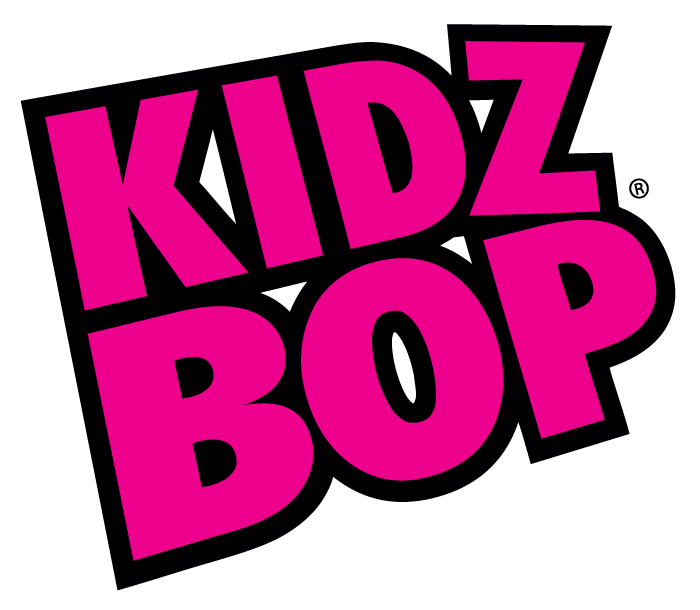In today’s world, music is more than just an art form; it’s a cultural phenomenon that influences youth and shapes their identities. The phrase "not like us kidz bop" resonates with many young listeners who seek music that reflects their unique experiences and emotions. Kidz Bop, a brand that features child-friendly versions of popular songs, has become a staple in many households. However, there are groups of kids who feel that this sanitized version of music doesn't quite capture the essence of what they want to express or hear.
The evolution of music has given rise to a myriad of genres and styles, catering to diverse audiences. For many young listeners, Kidz Bop represents a more 'safe' version of music that often lacks the raw energy and authenticity found in original tracks. This raises the question: What do children want from music, and why do some feel that Kidz Bop doesn't resonate with them? As we delve deeper into the realm of children's music, we will explore various perspectives and experiences that lead to the sentiment of "not like us kidz bop."
As the music industry continues to evolve, it becomes increasingly important to understand the preferences of younger audiences. The "not like us kidz bop" sentiment opens a dialogue about individuality, expression, and the desire for more relatable content in music. In this article, we will uncover the dynamics of kids' music and how it aligns with or diverges from the tastes and values of today's youth.
What is Kidz Bop and Why is It Popular?
Kidz Bop is a music brand that releases kid-friendly versions of popular songs, making them suitable for a younger audience. The brand has found immense popularity due to its ability to capture the essence of contemporary hits while ensuring the lyrics are appropriate for children. This has allowed Kidz Bop to create a sense of community among kids who enjoy the same tunes without the adult themes often present in original songs.
How Does Kidz Bop Cater to Young Audiences?
Kidz Bop caters to its audience through various means:
- Age-Appropriate Lyrics: Each song is carefully altered to ensure it is suitable for children.
- Vibrant Marketing: Kidz Bop uses colorful visuals and engaging advertisements to attract young listeners.
- Live Performances: The brand hosts live concerts that allow kids to experience music in a fun and interactive way.
What Makes "Not Like Us Kidz Bop" a Relevant Phrase?
The phrase "not like us kidz bop" echoes sentiments from children who feel that the carefully curated nature of Kidz Bop does not reflect their realities. This perception can stem from various sources, including:
- Desire for Authenticity: Many kids crave music that resonates with their experiences and emotions, which they may not find in Kidz Bop.
- Cultural Awareness: As children grow, they become more aware of cultural nuances and may find Kidz Bop's approach to be overly sanitized.
How Does "Not Like Us Kidz Bop" Reflect Changing Tastes in Music?
The sentiment of "not like us kidz bop" can also be seen as a reflection of changing musical tastes among younger audiences. As children grow older, their exposure to different genres and styles expands, and they begin to form their own preferences. Here’s how this evolution occurs:
What Alternative Music Options are Available for Kids?
With the rise of digital platforms, children now have access to a wider variety of music options, including:
- Indie Artists: Many young listeners are drawn to indie music that expresses individuality and creativity.
- Hip-Hop and R&B: These genres often contain messages and beats that resonate more with the youth.
- Online Platforms: Streaming services allow kids to explore different music styles beyond what they may hear on Kidz Bop.
How Can Parents Support Their Children's Musical Preferences?
Parents play a crucial role in guiding their children’s musical journey. Here are a few tips to support their preferences:
- Encourage Exploration: Allow children to discover various genres and artists that resonate with them.
- Discuss Lyrics: Engage in conversations about music and lyrics to help them understand the themes and messages behind songs.
- Attend Live Shows: Taking kids to concerts or local performances can broaden their musical horizons.
Biography of a Kid's Music Influencer
One notable figure in the children's music realm is JoJo Siwa, a multi-talented entertainer known for her vibrant personality and catchy music. Let’s take a closer look at her biography.
| Name | JoJo Siwa |
|---|---|
| Date of Birth | May 19, 2003 |
| Profession | Singer, Dancer, Actress |
| Notable Works | “Boomerang,” “Kid in a Candy Store” |
| Social Media Followers | Over 10 million on Instagram |
How Has JoJo Siwa Influenced Children's Music?
JoJo Siwa has revolutionized children’s music with her colorful style and empowering messages. Her songs often promote themes of self-acceptance and resilience, making her a relatable figure for kids. Unlike Kidz Bop, her music encourages children to embrace their individuality, which resonates with the "not like us kidz bop" sentiment.
What Lessons Can We Learn from JoJo Siwa's Approach to Music?
JoJo’s approach to music provides valuable lessons for both kids and parents alike:
- Embrace Individuality: Encourage children to express themselves and explore their own musical tastes.
- Promote Positivity: Music should uplift and empower, reflecting the true essence of youth.
- Foster Creativity: Allow kids to create their own music or engage in dance to express their feelings.
Conclusion: The Future of Kids’ Music
The phrase "not like us kidz bop" captures a growing sentiment among children who seek authenticity and connection in music. As the landscape of children's music continues to evolve, it is essential to recognize the diverse preferences and tastes that exist. By promoting individuality and encouraging exploration, both parents and the music industry can foster a more inclusive environment where children feel seen and heard.



